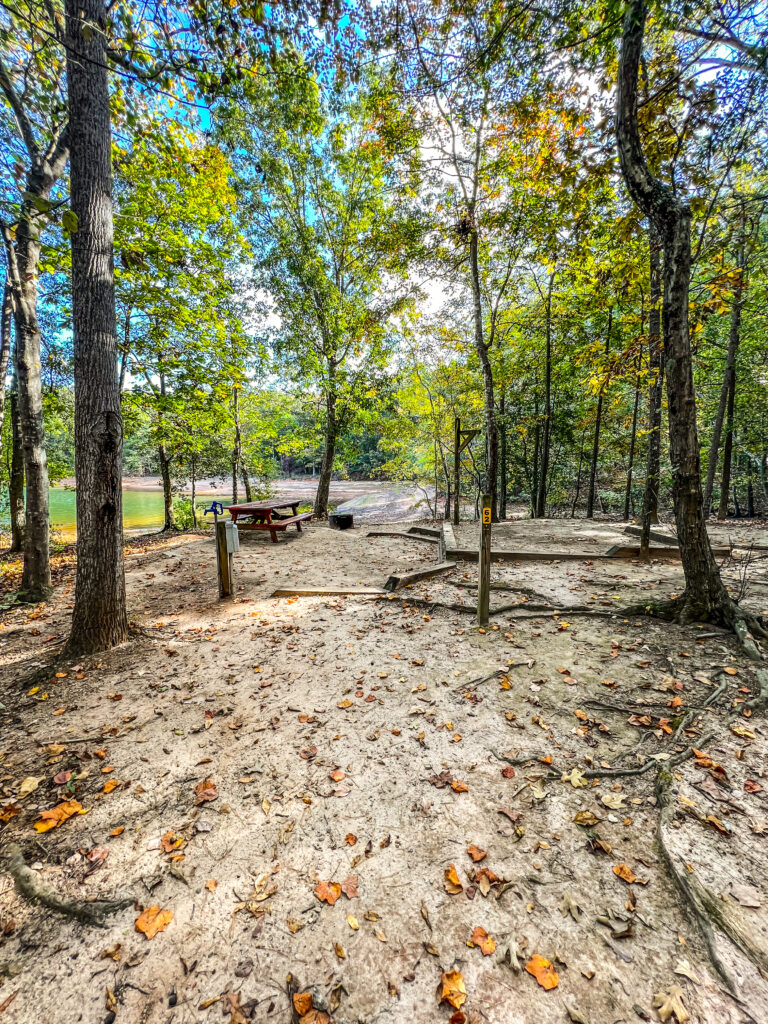Nature has a way of replenishing our spirits and bringing us back to a state of calm and serenity. The rustle of the leaves, the crisp, clean air, and the awe-inspiring vistas have a transformative effect, providing an escape from the hustle and bustle of daily life. However, as more people seek solace in the great outdoors, it is essential to recognize the impact our footsteps can have on these fragile ecosystems.
Preserving the beauty and integrity of our natural landscapes is a collective responsibility that falls upon each one of us. Embracing responsible hiking and backpacking practices, guided by the Leave No Trace principles, is crucial to minimizing our impact and ensuring these natural treasures are preserved for future generations to enjoy.

- Plan Ahead and Prepare
Before setting off on your hiking or backpacking adventure, it’s essential to plan and prepare adequately. This includes researching the area, understanding its rules and regulations, and ensuring you have the necessary gear and supplies. Proper planning reduces the likelihood of needing to rely on natural resources for survival. - Travel and Camp on Durable Surfaces
Stick to established trails and campsites to prevent damage to fragile ecosystems. Avoid creating new trails or campsites, as this can contribute to soil erosion and habitat destruction. - Dispose of Waste Properly
Pack out all trash, leftover food, and litter. Make sure to use designated restroom facilities or, if none are available, bury human waste in a “cathole” at least 6-8 inches deep and at least 200 feet away from water sources. - Leave What You Find
Resist the temptation to pick flowers, remove rocks, or take other natural or cultural artifacts. These items are part of the area’s unique ecosystem and history, and removing them disrupts the natural balance. - Minimize Campfire Impact
Opt for a lightweight stove for cooking instead of making a fire. If fires are permitted and you choose to have one, use established fire rings and keep fires small. Always ensure the fire is completely extinguished before leaving the site. - Respect Wildlife
Observe wildlife from a distance and never feed them. Feeding wildlife can alter their natural behavior and diet, potentially leading to health issues and negative interactions with humans. - Be Considerate of Other Visitors
Show respect for other hikers and backpackers by maintaining a low noise level, yielding the trail to others, and following any additional local regulations or guidelines.

In conclusion, our time spent in nature should be guided by a profound respect for the environment and a commitment to preserving its beauty. As we explore the vast expanses of wilderness, we must remember that we are but temporary visitors in a timeless landscape that has existed long before us and will continue to exist long after we are gone. By adopting the Leave No Trace principles and committing to responsible hiking and backpacking practices, we can each play a vital role in protecting our planet’s natural wonders.
So, let’s make a conscious effort to tread lightly, leaving nothing but footprints and taking nothing but memories. In doing so, we ensure that the majestic beauty of the outdoors remains unspoiled, a source of inspiration and rejuvenation for countless generations to come.
-S&E

